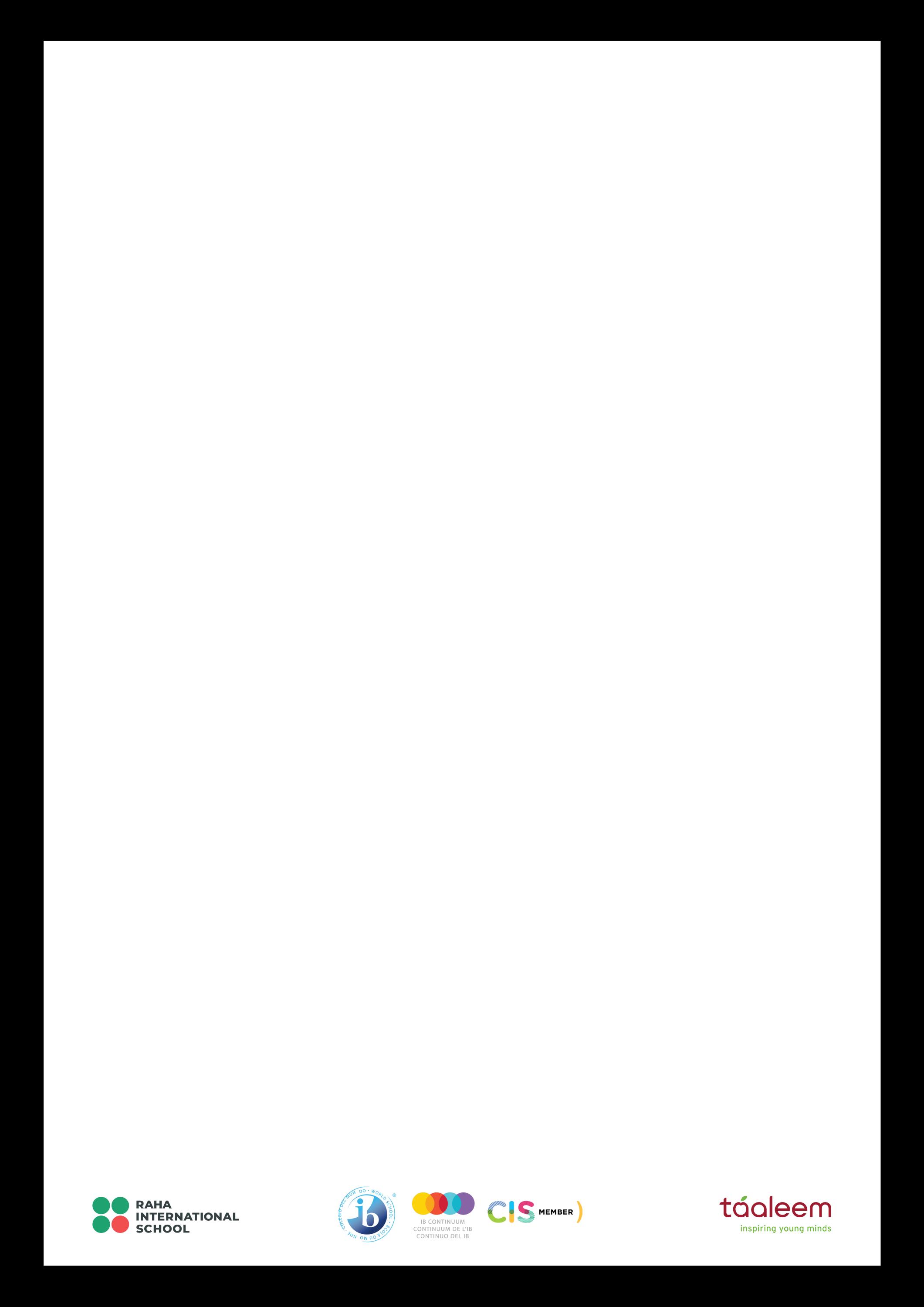


1 DP Newsletter

2 Contents 3 – Mr Andy’s Introduction 4 – Welcome to ToK from Mr Elliot 6-8 – Student Exhibition Examples 9-12–ToK in subjects 13 - Head of Grade 11 – Ms Claire 14 - Head of Grade 12 – Mr Walter 15 - Counsellor – Ms Mellissa 16 - The Core: CAS and EE, Ms Tania and Ms Muge 17 - The University Team 18 - Night School Schedule
Welcome Students, Parents and Raha Community to the first ToKtober special edition of the DP Newsletter!
FROM MR. AND REW – DP COORDINATOR atomlinson@ris.ae
It is a very exciting time for our Grade 12 students who are our first cohort to put on a Theory of Knowledge Exhibition! In the exhibition, students identify three objects which have special significance for them, and to the world around us. I’ve given my own example here, and I’m sure you can think of many of your own!
Mr Elliot, our ToK Coordinator explains the subject far better than I could hope to ; suffice to say that ToK makes us think about how we think, and why we think the way we think, and also how me may think about how others think too. Something like that anyway! Hopefully this special edition of the newsletter gives you some understanding of the subject!
Our usual contributors are also all here, with important information for both Grade 11 and Grade 12 students.
Aside from the exhibition, we also have the Grade 12 3 Way Conferences on 5th October, and further ahead, an exciting trip to the Louvre for Grade 11 early in November.
A reminder for Grade 11 – there will be no subject changes permitted after 14th October. This is not negotiable!
Please enjoy this ToK Special newsletter, Mr Andy


My ToK Object – The Beatles
The Beatles were my first introduction to music, via my parents. I spent hours listening to their songs and doing my best to learn all the lyrics. As I’ve grown older and wiser, I appreciate the importance of the band in crossing boundaries and setting standards, transcending the pop industry to become a key part of the history of the 20th Century. Their music is full of messages of love and hope, which is all we need, surely?
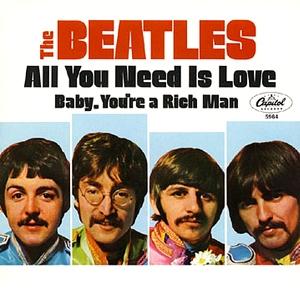
3
THEORY OF KNOWLEDGE
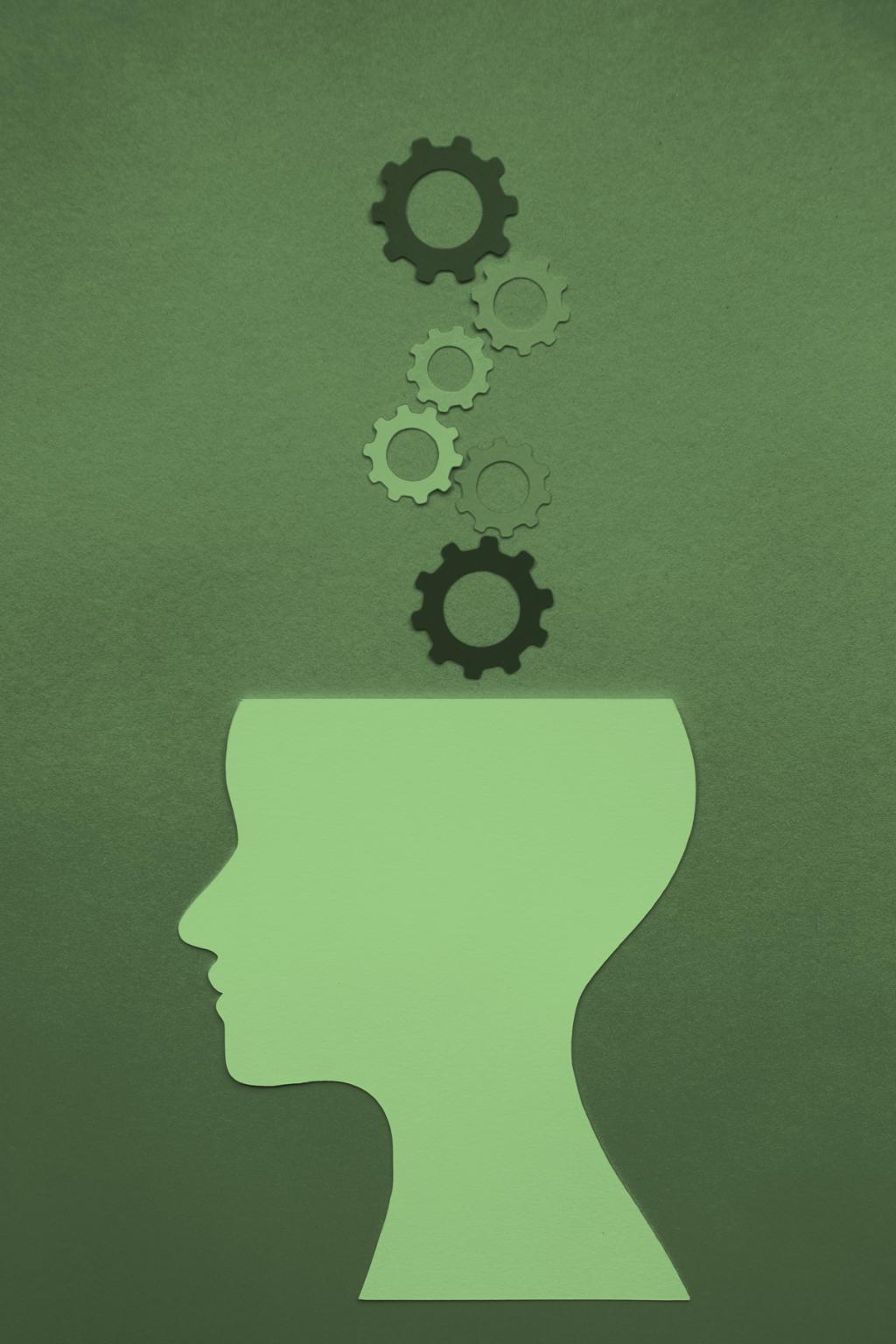

Welcome everybody to the Theory of knowledge (TOK) edition of the DP Newsletter. If you don’t know me already, I am Mr. Elliot the Head of TOK at Raha.

With our Grade 11s we have just finished our first unit, and core theme of the TOK course ‘Knowledge and the Knower’. In this unit we hope to have given an opportunity for students to reflect on what shapes their perspective as a knower, where their values come from, and how they make sense of, and navigate, the world around them. We have been asking questions such as ‘What shapes my perspective as a knower?’ Importantly, this theme does not focus exclusively on the individual. It also considers aspects such as the impact of the different communities of knowers to which we belong, and how knowledge is constructed, critically examined, evaluated, and renewed by communities and individuals. This includes reflection on how our interactions with others and with the material world shape our knowledge.
MR. ELLIOT BRODIE ebrodie@ris.ae TOK Coordinator

We hope that this has allowed students to engage with these important ideas. I know, for me personally, it has been interesting hearing students outline where they have felt some of the more important values and ideas about the world have come from. I have also had the pleasure of hearing some of my students the more left field ideas, and where these ideas originate.
In our next unit we will be shifting our focus slightly and looking at The Arts. The Arts are a diverse range of disciplines that include visual arts, theatre, dance, music, film, and literature. Although the forms and methods of these disciplines are often dissimilar, this diversity is to be celebrated and is often a factor in the questions we explore, such as; ‘What is Art?’, ‘Who decides what counts as art?’, ‘Does Art require an audience to be considered Art?’
Our study of The Arts will culminate in a trip to The Louvre. This trip will serve to allow students to explore the ideas we have studied, to ask themselves the questions we have discussed in class when surrounded by a rich collection of art and artifacts from many cultures. The trip will also serve as a stimulus platform for the upcoming work students will begin on their TOK Exhibition.
4
The Exhibition is an assessed piece of work that comprises 33% of students’ final grade. The Exhibition explores how TOK manifests in the world around us. In the Exhibition students choose a Knowledge Prompt to respond to they will then need to choose three real world objects, and use these objects as the basis of their discussion. The Grade 11s will also have the opportunity to view the Grade 12 public exhibition which will be on display in the Piazza for the Grade 12 three way conferences (please do take a look if you get the chance).

In Grade 12 we have just finished our last unit of taught content ‘The human sciences’.The human sciences include a diverse range of disciplines, such as psychology, social and cultural anthropology, economics, political science, and geography. These disciplines share a common focus on the study of human existence and behaviour. In this unit we hope to have given an opportunity to consider some of the broad questions that underlie study in these areas, such as; ‘To what extent are the methods used in the human sciences limited by the ethical considerations involved in studying human beings?’. As well as considering questions about the use of the knowledge these field give us access too, such as ‘What are the moral implications of possessing knowledge about human behaviour?’.

The Grade 12s have been given the opportunity to be the first grade level at Raha to showcase the work they have completed in their TOK exhibition. As previously mentioned, this work will be in display in the Piazza for three way conferences as well as giving the Grade 11s insight into the expectations for the outcomes of their first piece of assessed work. We hope this will begin a long tradition of the public display, and celebration of TOK work.
The Grade 12s will next begin work on their TOK Essay. The TOK Essay is an assessed piece of work that will comprise 66% of students’ final grade. The TOK essay is a 1600 word essay that engages students in a formal, sustained piece of writing in response to one of the six titles that are prescribed by the IB for each examination session. These titles take the form of knowledge questions and require students to use real life examples from the different areas of knowledge as evidence in their response to the titles. Students will have structured guidance to this process in class, allowing them to showcase the broad understanding they garnish, not only from TOK, but their subject classes and personal knowledge and understanding. It has been a pleasure teaching the Grade 12s and seeing them flourish, develop, and explore new ideas in TOK since the beginning of Grade 11. I know I speak for all the TOK teaching team when I say that we are excited to see the individual flair and nuance that all students bring to this final assessment.
5
Exhibition Examples from Class 2022
Hei Matau (Fish Hook)

The Hei Matua, generally known as the “Fish Hook”, is a cultural design traditionally worn by the indigenous people of New Zealand, the Maori people. Not only does the Hei Matau represent their land, it serves as a symbol of prosperity, strength, fertility, and safe travels over water. The meaning behind it originates from the traditional Maori Legend of Maui who, by only using a fishhook made from his grandmother’s jawbone, caught a giant fish that would then became Te Ika a Maui, the North Island of New Zealand.
Historically, the pendant was only worn by the Maori people as they are the only community of knowers who identify with the Hei Matau as a symbol of their land and relationship to Tangaroa, the god of the sea. However, due to vast globalization over the past decade, with the introduction of new technologies such as social media which allows peo ple all around the world to communicate and express their traditions, the Hei Matua has become a popular design outside of the community of knowers commonly seen in tattoos and, in this case, pendants.

Although it has become common for the pendant to be used for simple ornamental purposes for non indigenous people, it does not yield the same knowledge for them as it does for the Maori people. Many companies who mass produce the Hei Matau and other indigenous Maori designs, such as 81stgeneration, are heavily criticized for cultural appropriation as they are essentially exploiting the Maori culture for economic gain. For the indigenous New Zealanders, the Hei Matua serves as a traditional legend of the origins of their land and a reminder of their ancestors and therefore holds significance within their culture. Whereas for non Maori people, the pendant serves as a form of appreciation for the Maori culture but is simply used for ornamental purposes.
Therefore, the Hei Matua does not yield the same knowledge and value for them as it does for the Maori people as they are not part of the community of knowers and further shows how, on cultural grounds, some knowledge belongs only to a particular community of knowers.
6
ABC News. “Anti Vaxxer Mom Changes Mind After Her Three Kids Fall Ill.” ABC News, ABC News Network, abcnews.go.com/Health/anti vaxxer mom mind kids fall ill/story?id=42351543. Accessed May 26, 2020

For several years, Kristen O’Meara was a strong advocate for anti vaccination research, refusing to vaccinate her three young children. However, her perspectives on this controversial topic completely changed in 2016 when her children contracted rotavirus. Overwhelmed with an immense guilt upon realizing that her children’s illnesses were a result of her anti vaccination beliefs, O’Meara finally made the choice to vaccinate her children. She recalls in a later interview, “you come to your truth when you come to it. Hopefully for most parents, it’s sooner than I did” (ABC news).
Personal experiences can therefore influence our response to and perception of knowledge, shaping our values, beliefs, and principles as we reflect on past mistakes and successes and build upon them. Despite widespread evidence demonstrating the importance of vaccines, O’Meara initially ignored such research, trapped inside an anti vaccine echo chamber. However, in personally seeing her children contract rotavirus and experience the deadly side effects she was previously warned of, she adopted an entirely new outlook, finally accepting the knowledge presented regarding vaccine necessity. This story is significant to this exhibition as it serves as a reminder that we cannot truly understand what another is going through until we experience it for ourselves, and this is important in this time in which human suffering is often perpetuated by such strong knowledge claims and misinformation from those who did not endure the problems personally. Therefore, with transformative experiences comes transformed knowledge as we reflect, extract meaning and improve upon that which we have learned.

7
1907 photographer of the “Wright Flyer”
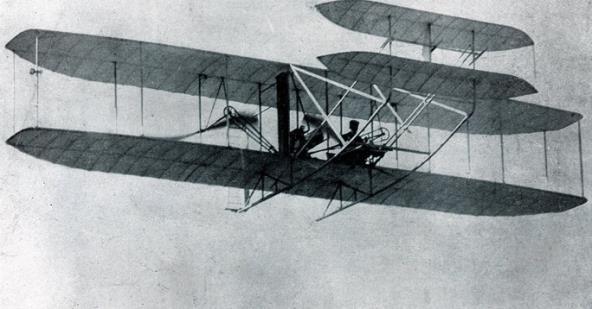
Latson, Jennifer. “Wright Brothers First Flight: An Anniversary of Airplanes.” Time, Time, 18 Dec. 2014, time.com/3629042/wright brothers/. Accessed May 20, 2021.
On December 17,1903, brothers, Wilbur and Orville Wright, were credited with the creation of the world’s first successful airplane. However, it was only after several failures that they finally perfected their design. Their 1900 Wright Glider, for example, functioned effectively as a kite but was not able to sustain a human pilot on board. Inspired by previously observed flaws, the brothers conducted further testing, perfecting wing design in their 1902 glider, also adding a double fixed rear rudder in response to the adverse yaw they observed in their original model (Britannica). Even after the development of their first successful 1903 “Wright Flyer”, the brothers continued to improve their aircraft design in response to shortcomings, revealing their Wright Model EX in 1911.
The Wright brothers’ experiences therefore clearly demonstrate the importance of personal experiences in the production and development of knowledge. The knowledge that the brothers gained from creating and trialing each of their produced prototypes was harnessed in future models to overcome the failures and setbacks that were previously observed. Without using their personal experiences with the different models as tools for reflection, improvement would not be possible and the knowledge we currently have regarding the basics of flight and aviation design would not exist. Therefore, whether it be in the social, chemical or physical sciences, the trials, tribulations and setbacks that are often associated with personal experiences are essential in this AOK as they contribute significa ntly to the development and improvement of fundamental phenomena and theories.

8
Theory of Knowledge in Subjects

English Language and Literature
After reading an article on Jeanine Cummins’s novel “American Dirt”, we discussed what it means to have an “authentic” cultural voice.
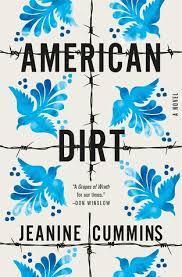
Are certain topics or perspectives “off limits” to writers?
Can you only write about your own experiences or should fiction writers be able to write about whatever they choose?
As a class we came to a (not the) conclusion that I can write your story, but it will always be in my voice; it is impossible to separate the author from the story they are telling.
9
Arabic A: Language and Literature اﻟدراﺳﯾﺔوﺣدﺗﻧﺎ ﺣﺗﻰﻣﺳﯾطرةزاﻟتوﻛﺎﻧتاﻟﺗﻲاﻻﺟﺗﻣﺎﻋﯾﺔ واﻟﺧراﻓﺎتواﻟﻣﻌﺗﻘدات اﻟوطن.أرضإﻟﻰاﻟﻧﮭﺎﯾﺔواﻟﻌودةاﻟﺣﻘﯾﻘﺔﻟﻠﺑﺣثرﺣﻠﺗﮫ اﻟوﺣدةھذهﯾﺗم ﻣﺣﺎوﻟﺔﯾﺗمﺣﯾث"ﻛﺎن اﻟﺷرﻋﯾﺔ: 1. ﯾﻧﺎلﻋﺎدﻟﺔزﻣﻧﯾﺔﻓﺗرةﻧﻌﯾشأﻧﻧﺎﻧﺣﻛمﻧﺳﺗطﯾﻊﻛﯾف ﺗﻔرﻗﺔدونﺣﻘوﻗﮫاﻟﺟﻣﯾﻊ اﻟﺟﻧﺳﯾن؟ 2.اﻷﺷﯾﺎءﻋﻠﻰاﻟﺣﻛمﯾﻣﻛﻧﻧﺎ وﻣوازﯾنﻗواﻧﯾنھﻧﺎك؟ 3. ﻧظروﺟﮭﺎتوﺟودﯾﻣﻛنﻛﯾف ﺣق؟ 4. ؟لدﻌﻟامأةاوﺎﺳﻣﻟاجﺎﺗﺣﻧلھ؟ءﻲﺷلﻛﻲﻓثﺎﻧﻹاوروﻛذﻟاىوﺎﺳﺗﺗﺎﻘﺣلھ
Language and multi nationality affect the personal identity of Government portal", there is an increase in the number of residents by 9 for every Emirati citizen, which means that there are shifts in the Emirati demographic and identity of the linguistic. To discuss the issue, we "Al Bayan newspaper", titled "The Centrality of Language in Identity and Culture" by the writer Suhair El Sherbiny, published on 30/9/2019, and that formed some questions for the students addressed in the research and discussion, which are:
French
In our first theme of “Identities,” students are exploring different ways in which we can define our identity. As learners living outside our home country, we explore what it means to belong to a country and, for some of us, what it means to have more than one citizenship.
Students will have read two articles about foreigners living in France since they were young and how and why they identify the way they do.

Students will further understand the concept of personal identity by discussing “À quoi reconnaît on qu’on appartient à un pays?”
What is the difference between identity and culture? And how do they form? And how do they change?
How does language center between identity and culture? Is cultural and linguistic diversity a burden or an enrichment? justify position
How can we preserve the national Arabic Emirati identity within the number of citizens compared to residents?
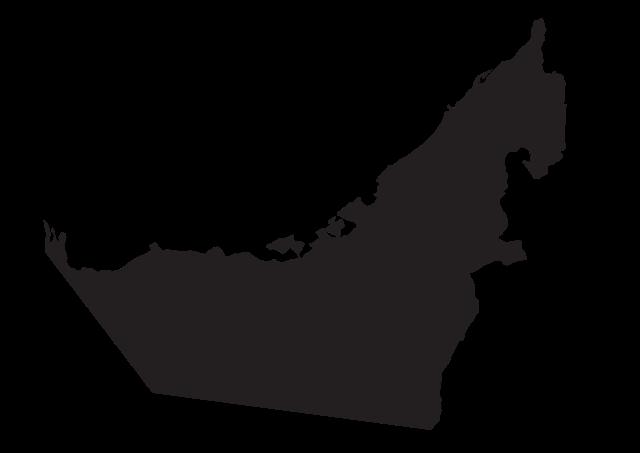
There are those who say that we suffer from linguistic and cultural identity disorders amid social globalization and the dominance of the English language. What do you think of that with justification?
Spanish
¿Hasta qué punto pueden diferentes lenguas dar forma a los conceptos que tienen de sí mismos y del mundo los conferenciantes/ o presentadores de una idea?

¿Cuáles son las implicaciones de tales diferencias en cuanto al conocimiento de algo?

10 Arabic B
History
Our current unit of study in Grade 12 is the causes, practices, and effects of the Chinese Civil War, 1927 1946. We explore responses to the following TOK Knowledge Questions as a class to discuss Historyrelated issues:
1. Does a nation’s historical perspective place firm limits on how it can proceed on the world stage for generations to come?

2. How might the existence of different historical perspectives be beneficial to historical knowledge?
3. How can we gauge the extent to which history is being told from a cultural or national perspective?
4. Can one nation’s historical perspective be more true than another’s when two or more nation’s have a shared history? If so, how do we know? If not, discuss this issue.
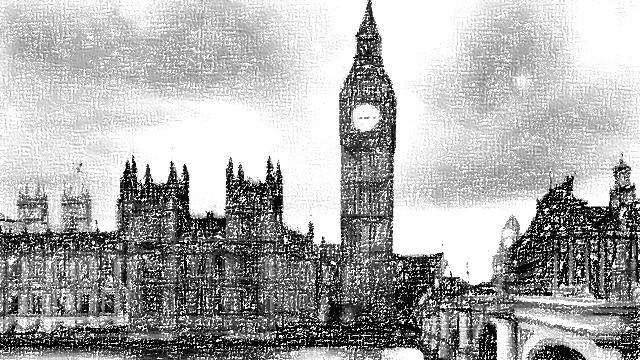
Computer Science


As part of the unit ‘Computer Organization'. Students learn about the various forms of data representation in a computer. These include strings, integers, characters and colours. Students consider the space taken by data, for instance, the relation between the hexadecimal representation of colours and the number of colours available. All types of data representation eventually translate to binary. As a class, we then discuss Does binary represent an example of a lingua franca?
Physics
In the upcoming study of Thermal Physics, we will be studying thermal physics and the behavior of gases through the kinetic model of an 'ideal' gas and equation of state for an ideal gas. Students will be making distinctions between 'ideal' and real gases in terms of volume, temperature and pressure constraints. They will explore how knowledge is acquired by making assumptions about the real world, and then applying those assumptions to solve problems with the use of critical thinking skills. This brings up questions that link to TOK such as; What allows the assumptions used in the Natural Sciences (such as "ideal" situations) valid enough to be considered in the production of scientific knowledge?
11
Maths
Every year in DP Mathematics students ask the question why do we have two ways of measuring angles, degrees and radians? What is the purpose of two representations of the “same” thing? Is one representation better than another?

These questions which surely belong to TOK come flooding out, not just as innocent questions during a lesson, but as a way of trying to defend their beloved “degrees” from the big bad math teacher telling them there is a “better” way to measure angles. I t is not until we reach calculus, that we can discuss how the two different representations create different results in some of the fundamental identities underlying calculus. Q: Why radians? | Ask a Mathematician / Ask a Physicist
Visual Art

1.We have have done 'Spider Web Discussions' around an arts based ToK question.
2. Watched the TED Talk by Thelma Golden, How art gives shape to cultural change followed by discussion around the question: Can art change the way we interpret the world? This was linked to considerations for their Exhibition and connecting with their audience.
3. Watched the TED Talk by Cindy to think like an artist followed by discussion around the question: Who determines what art is valued, and on what criteria? This was linked to their first unit encouraging them to focus on experimentation.
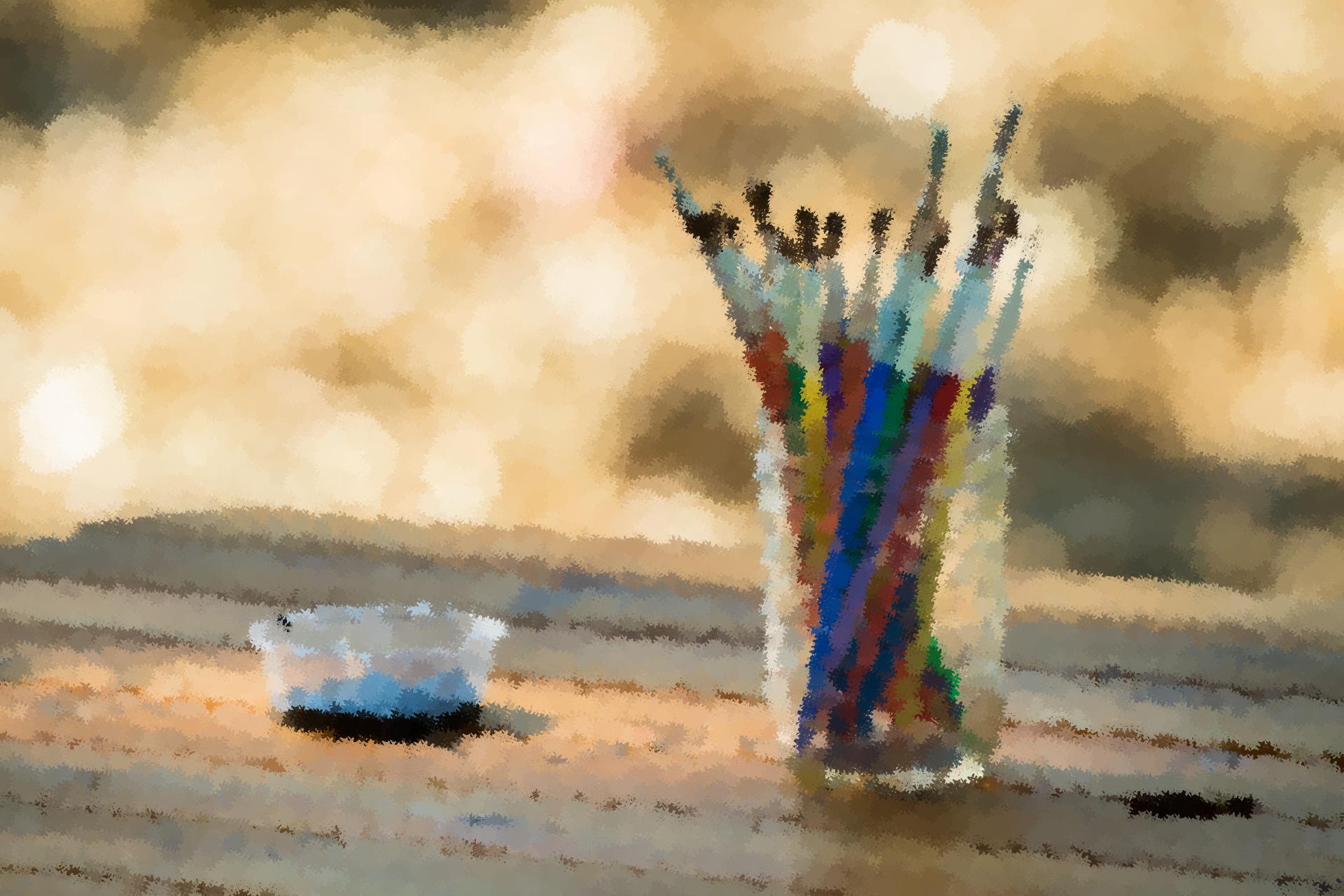
4. Listened to a podcast interviewing an artist related to our printmaking unit, followed by a discussion about a statement in the interview directly connected to the question: art have meaning of which the artist themselves is unaware? This has been returned to spontaneously by the students when making plans for their Exhibition pieces.
Theatre
1.Students have explored the work of original theatre companies and how their work is embedded in some sort of social function, which they have drawn on to inspire their own piece of original theatre
2. Grade 12s are in the final stages of their Collaborative Performance, which is based in personal knowledge, but required creativity and imagination to develop character and story outside of their own experiences.
3.The Paper Birds, who are a leading company in verbatim theatre, have been booked to lead a workshop with Grade 11 and 12 Theatre students next month.
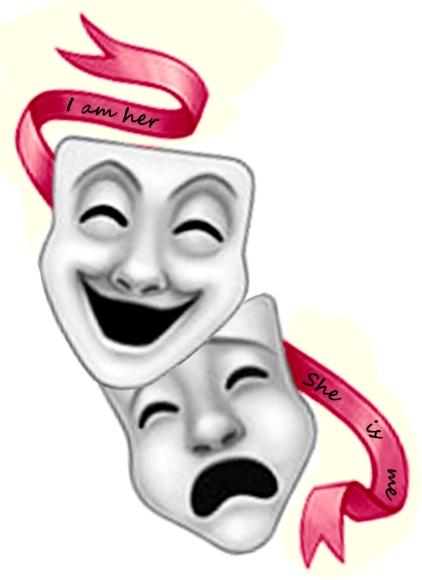
12
HEADS OF GRADE

Grade 11
Dear Grade 11 Parents and Students,
It’s great to see most of Grade 11 settling into the rhythm of DP and thank you to those of you who are representing our school daily in your most pristine uniform.
Well done to all of you who have been remembering to sign in for study halls; students are to sign in at the DP study lounge and then are free to find an area of their choice to study. In the coming weeks, teachers will be able to assign students to a list which will require that student to stay in the DP study lounge during their study halls. Reasons students will be placed on the list are failing to meet deadlines, lack of effort and/or engagement.
Students are aware of this process and know that it’s their responsibility to keep on track and that ‘the list’ is not a punishment, it is a process to best support our students while they are in our care.
Now that deadlines are creeping in, I just want to remind you of the importance of being organised, use your time wisely and ensure you are keeping balance in your life. Reach out to us if you need support.
Keep up the fantastic work Grade 11!
MS. CLAIRE ARMSTRONG clairearmstrong@ris.ae

13
Grade 12
Greetings!
We are now entering Week 5 of the Diploma Program in the year of our IB, 2022. The weather is beginning to break, but not our students resolve along with it.
It has been great to see how well so many students have adjusted to our new dress code, which happens to be the most student friendly one ever. There are still 4 or 5 outliers out there, so a friendly reminder:
• No hoodies, unless the zip or button all the way down.
• A school shirt must always be visible.
• Shoes MUST be black, white or any type combination thereof.
•
 MR. WALTER CLARKE wclarke@ris.ae
MR. WALTER CLARKE wclarke@ris.ae
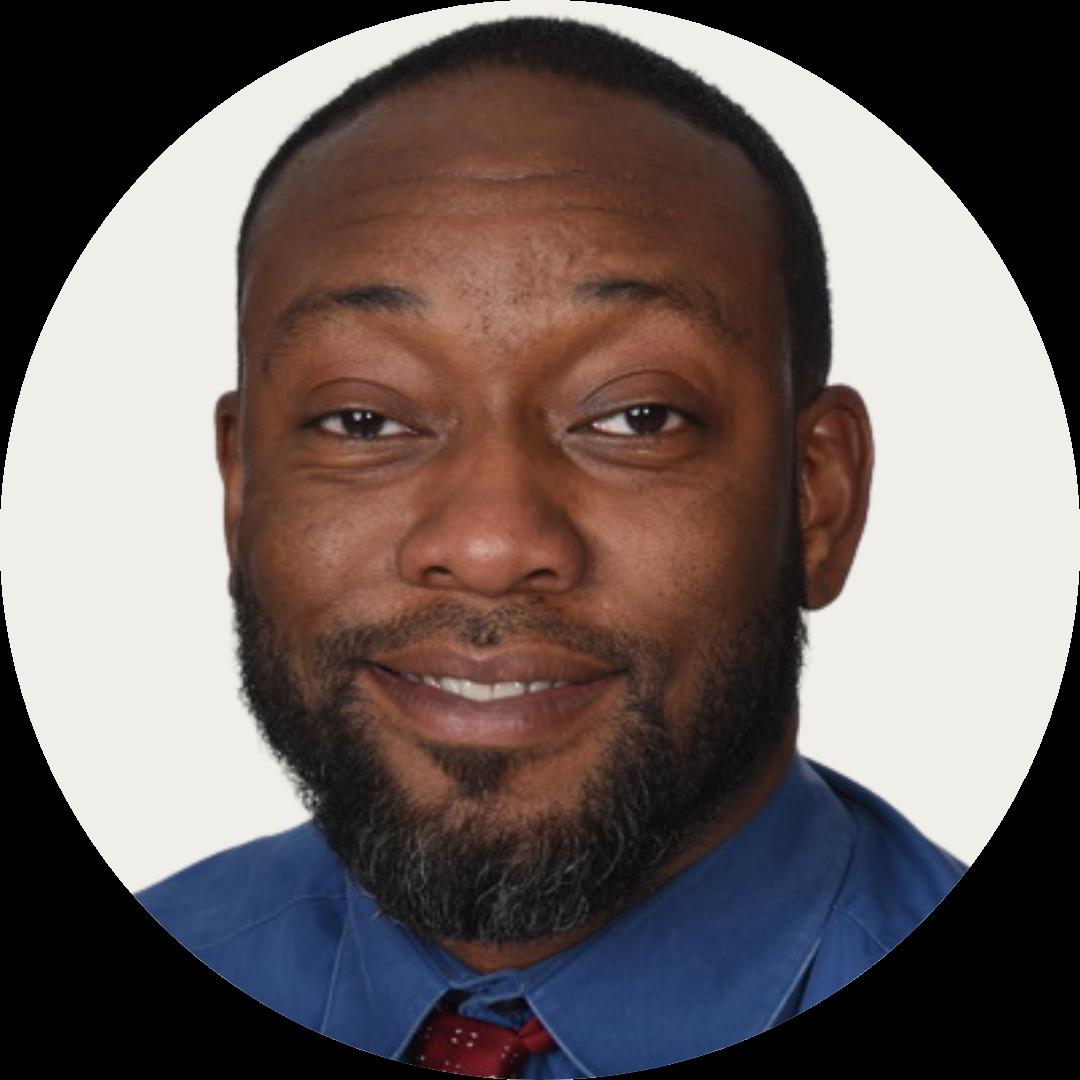
Just a helpful reminder, as we do not always adjust immediately to change, but kudos to the 95% of our students who have.
Don’t forget, to meet all deadlines and read your class schedules carefully. There may have been some minor changes, but not many as the DP schedules operate differently than those of MYP.
The ToK Exhibition is coming, and parents will get an exciting look at so many creative and exciting artifacts and Tok Objects. Here is a look at mine below:
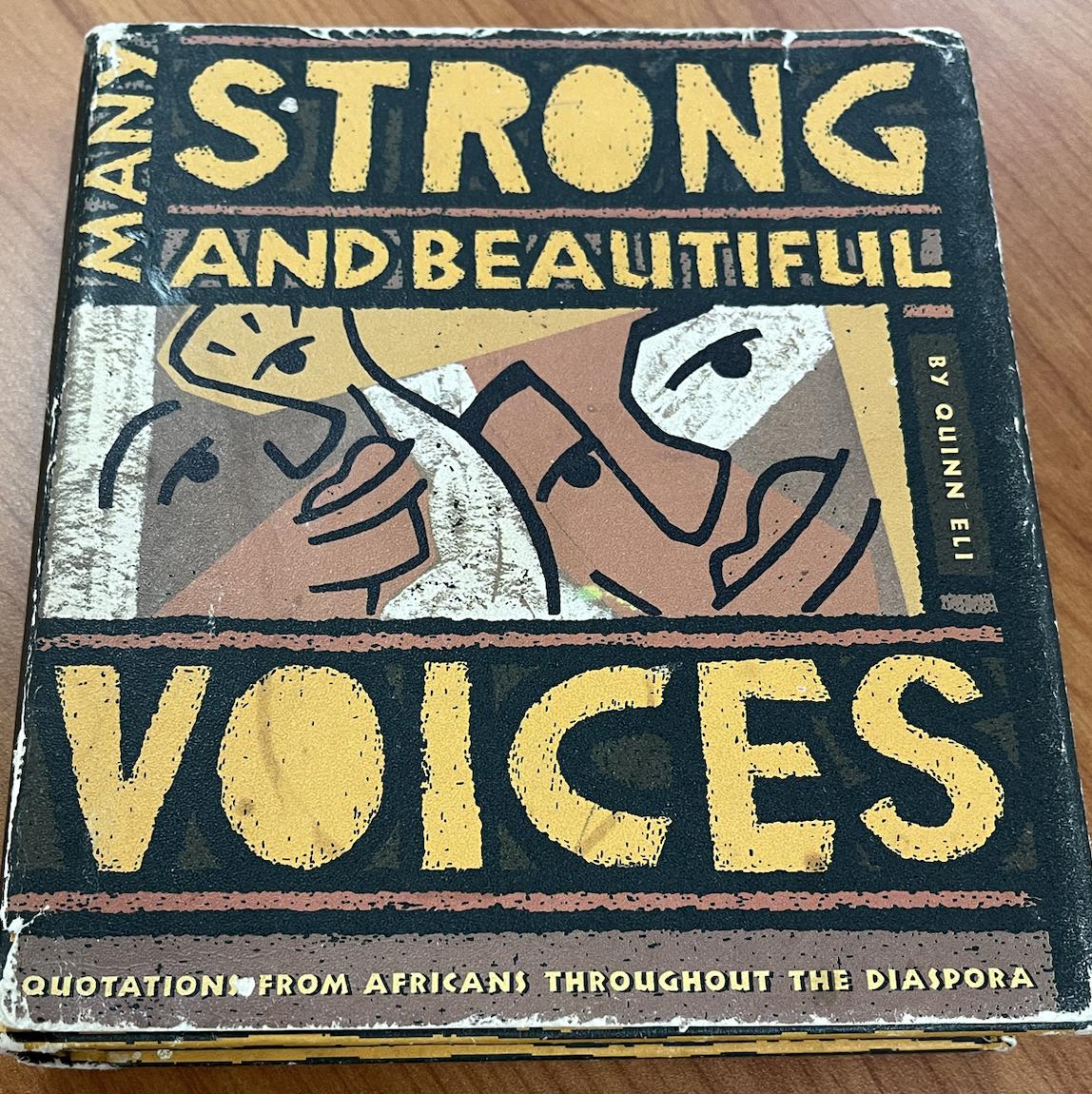
As I read these proverbs and anecdotes, it leaves me wondering: How is our knowledge informed by our culture? Hmm…
Mr Walter
14
Counsellor

Hello everyone
Term one is off to busy start for the DP!
Grade 11 it has been great getting to know the cohort in our small group wellbeing lessons. Our 8 week program begins with a focus on the power of perspective and mindsets when dealing with common concerns such as managing stress and anxiety. We will continue on to further develop our skills in organization, planning, and time management. A running theme will be a focus on self awareness and the importance of balance two key pieces that will shape of your DP experience.
MS. MELISSA JAYAWICKREMA mjayawickrema@ris.ae
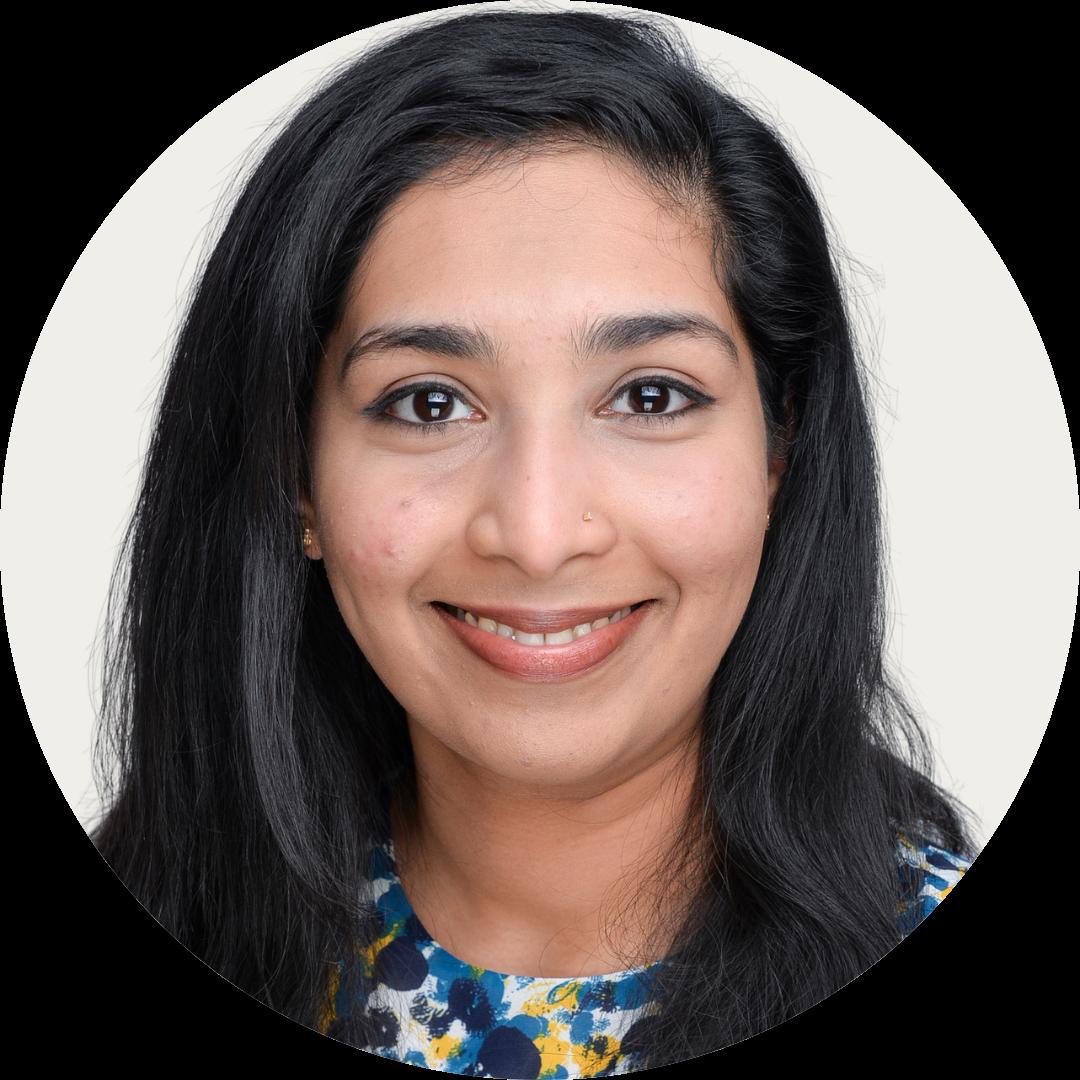
Grade 12 We're definitely feeling the pressure with a number of deadlines both internal (IAs, EEs, assessments) and external (university applications) coming your way. It is during such challenging times that you are called to tap into your coping skills and supports. You are more equipped that you believe to handle the demands of the program "Don't stop believing" in yourselves and your goals!
The highlight for this term will be our annual Mental Health Week programming in October, with the spotlight on the connections between mental health, living with purpose and investing in your community. Stay tuned for more!
As always, do reach out if you need support I am a Teams message away. Be well!
Ms. Mellissa
15
CORE SUBJECTS
Extended Essay

Grade 11 students will have an Extended Essay introduction session in October. This will be their start of this core task of the Diploma Program. At Raha, we expect our students to complete the Extended Essays by the November of Grade 12, which gives them a calendar year to complete it. In the introduction session, starting strategies, timelines and resources will be shared with the students, but the RIS EE Student Booklet is already shared in the files of the EE channel on Teams. Please contact me if you have any questions regarding the extended Essay, mokur@ris.ae
MS. MUGE OKUR mokur@ris.ae Extended Essay Coordinator
Grade 12 students should have submitted their draft Extended Essays to their supervisors by now, I have emailed a few students who have not submitted their draft EEs. It is time for the supervisors to return those drafts with feedback. Once students receive the feedback, they should aim to make the necessary edits in time for the November 28 final deadline. Looking forward to celebrating the completion of this huge task!
CREATIVITY, ACTIVITY AND SERVICE (CAS)
Our Grade 11 students are now familiar with the requirements of CAS. They should understand the three CAS strands (creativity, activity and service) and how to develop SMART goals and meaningful CAS proposals using the CAS stages.
MS. TANIA TUFT ttufft@ris.ae CAS Coordinator
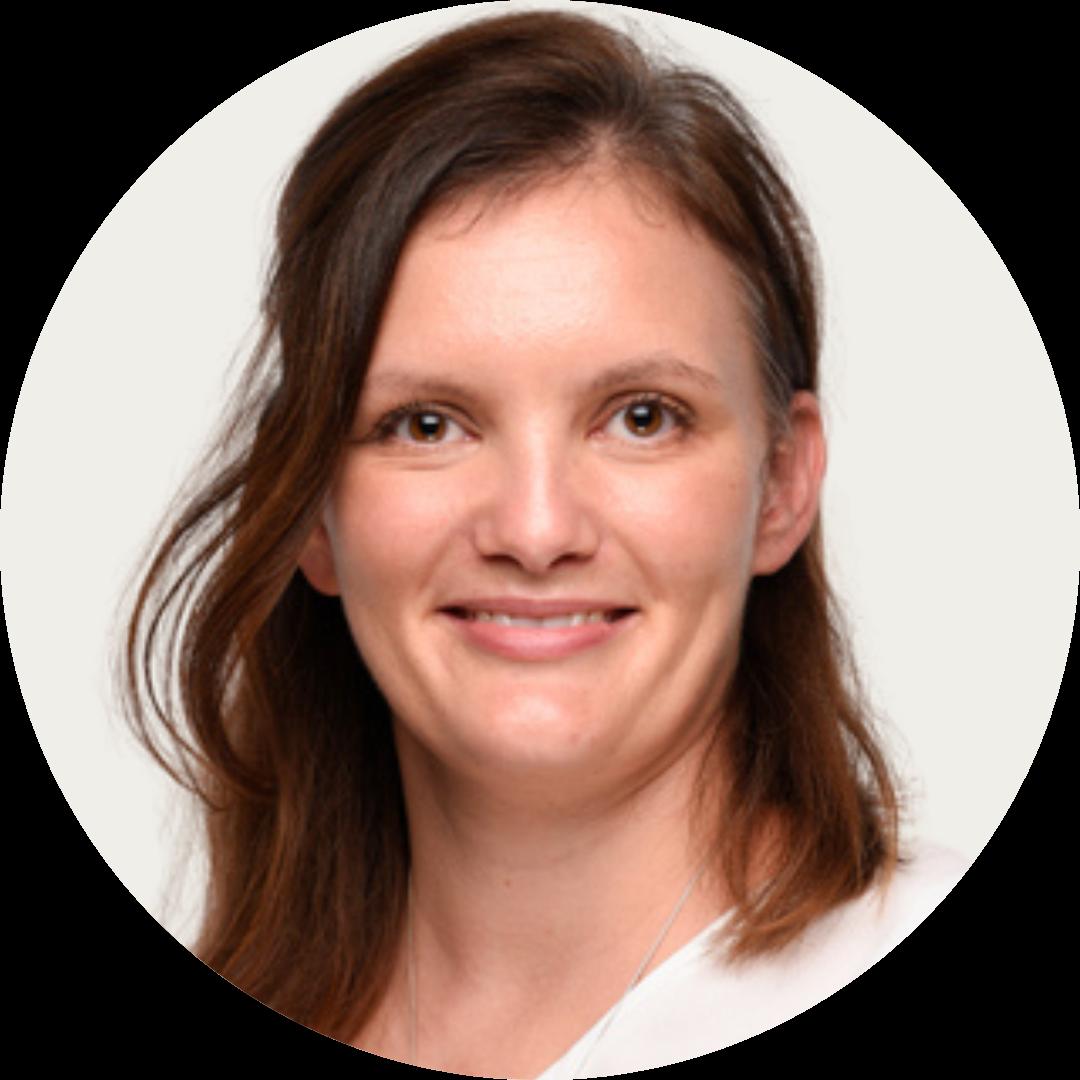

Grade 11 Students should now start adding experiences to their portfolio on Managebac. In October, the Grade 11 students will complete their first CAS interview. This is an opportunity for students to reflect upon their understanding of CAS, their personal interests, their plans for CAS, the learning outcomes and how they will evidence CAS. They will also be looking deeper into the reflection process and will begin uploading evidence of their CAS experiences.
Our Grade 12 students continue to engage with their planned experiences and build their portfolios and reflections. Interview 2 should be completed and uploaded to Managebac by the 30th September.
16
University Team
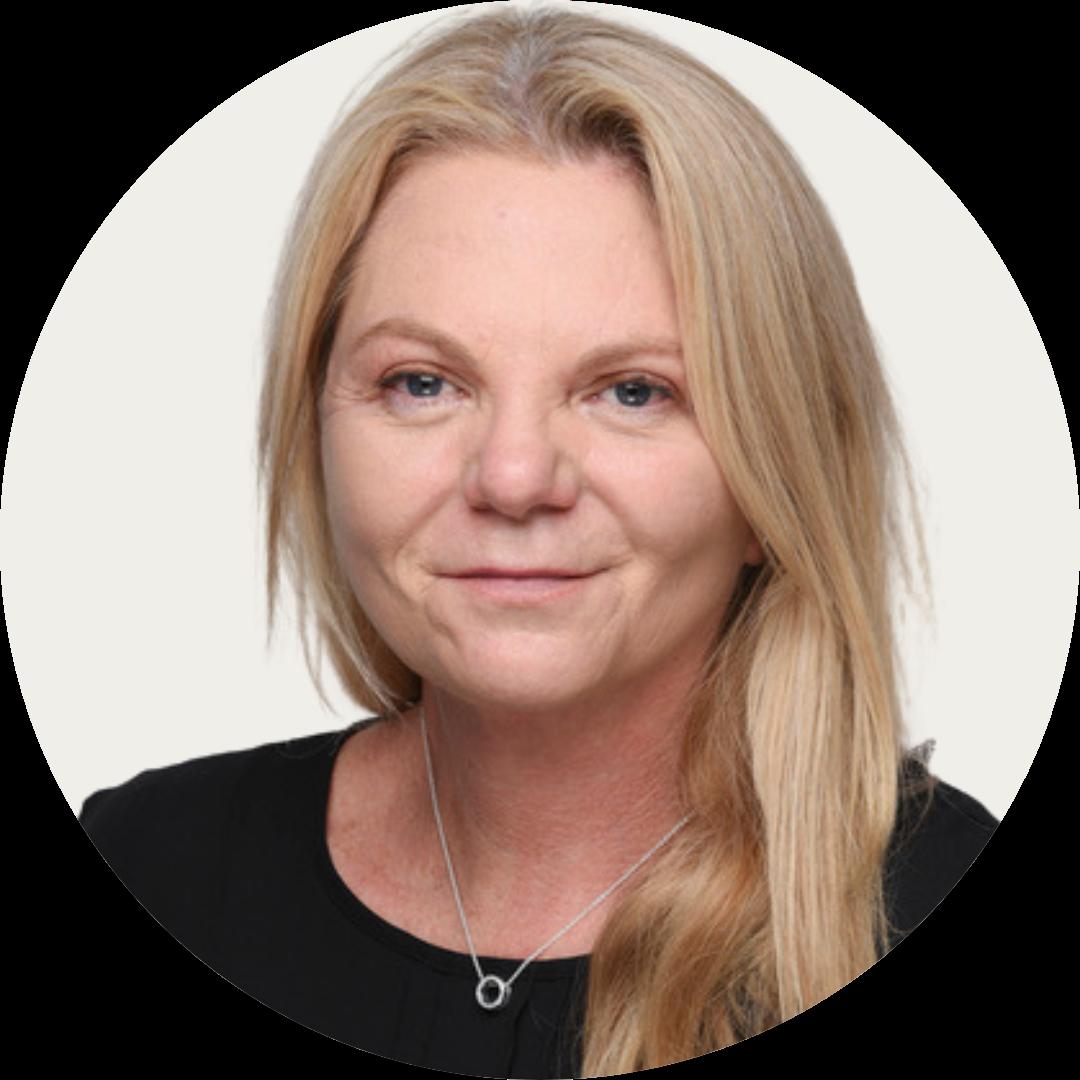
Grade 11 DP Classes:

Grade 11 students should have met with their university case manager, if they had any questions regarding the DP course selections and future university applications.
Night School:
We have had one Night Schools so far, which was on the UK university applications. We had 88 families attend this session, which was the first Night School session open to parents in two years! Unfortunately, due to our ISAMs software breakdown, communication for this event was less than adequate. There will be another Night School UK session in the spring and again next fall. I do have Loom recordings from a few years ago if you need the information right now. The next Night School session will focus on US university applications at 6:00 pm, October 13th in the auditorium. I hope to see many of you out for this event.
MR. BRIAN MARSHALL bmarshall@ris.ae

The Night School expectation for DP students/families is to attend/view at least one Night School session for each of your possible university destinations.
University Visits:
University reps are back to travelling, so we hope to get some live visits on our campus for students and parents. NYUAD will be visiting our campus at 12:20 pm October 11th in the Black Box. Boston University couldn’t schedule a live campus visit, so they will have a virtual visit with us at 6:30 pm, October 26th. University of Toronto will visit us live at 12:20 pm November 10th in the auditorium. Strict ADEK regulations are making campus visits difficult, so we need to attend some virtual sessions as well as university events in the community. I will try to keep you informed of these events.
MS. JENNIFER LEATHER jleather@ris.ae
17
Night School
University Series
6:00pm on Thursdays
University Application Information Sessions
Fall Term
nited States America
Location Auditorium
Oct. 27th Canada
Location Auditorium
Nov.17th Northwest Europe (Ireland, Netherlands, Belgium, Luxembourg, France)
Location Auditorium
Dec. 7th East Asia (Singapore, Hong Kong, Japan, S. Korea)
Location – DP Study Hall

Winter Term
Jan. 5th Northern Europe (Denmark, Norway, Sweden, Finland)
Location DP Study Hall
Jan. 19th Central Europe (Switzerland, Germany, Austria, Croatia, Czechia, Hungary)
Location DP Study Hall
Feb. 16th Southern Europe (Spain, Portugal, Italy, Greece)
Location DP Study Hall
Mar. 2nd Southern Hemisphere (Australia, New Zealand, South Africa)
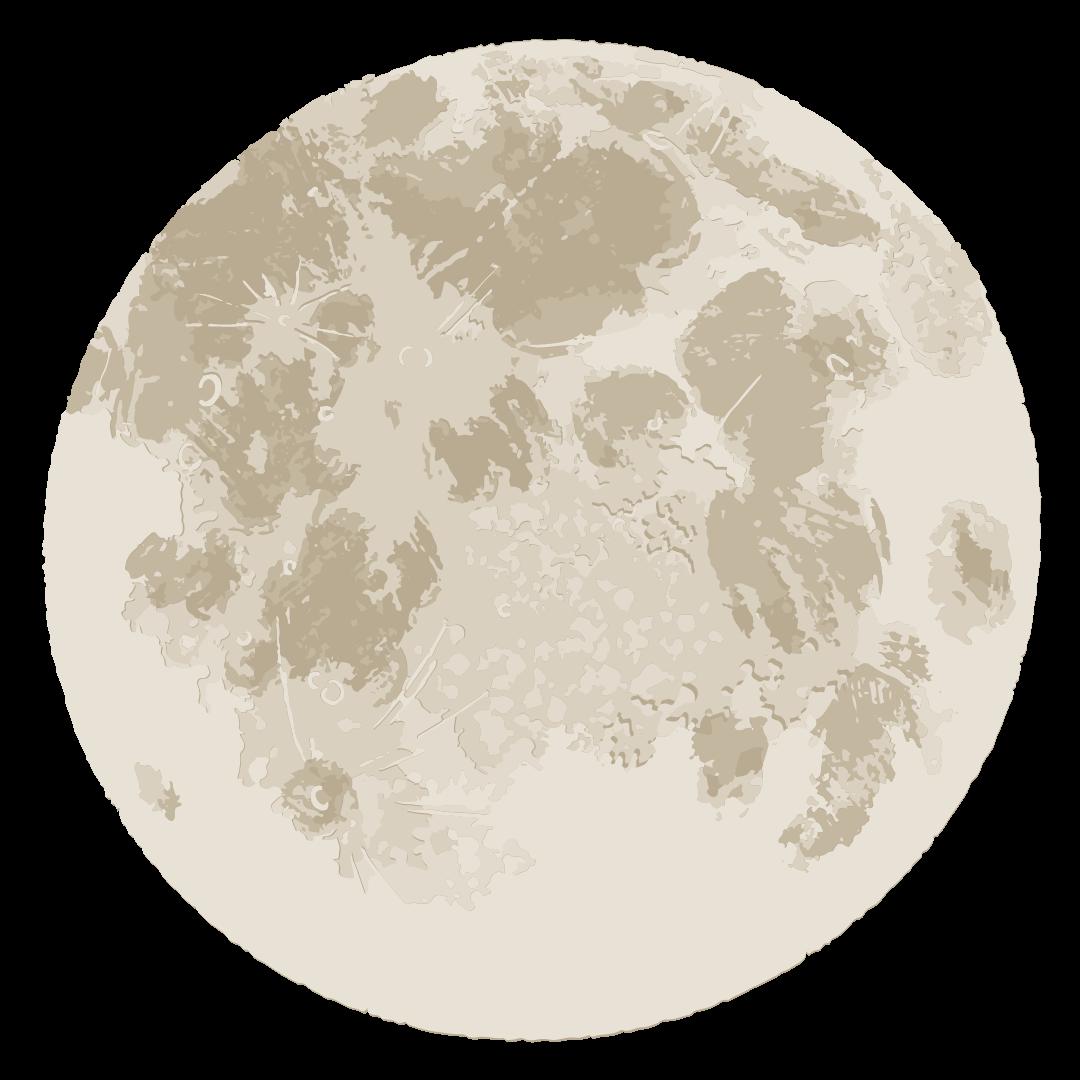
Location DP Study Hall
Mar. 16th Western Asia (Turkey, UAE, Qatar, Bahrain, Jordan, Egypt)
Location DP Study Hall
Spring Term
TBC UK (Black Box)
TBC USA (Black Box)
TBC Canada (Black Box)
18








